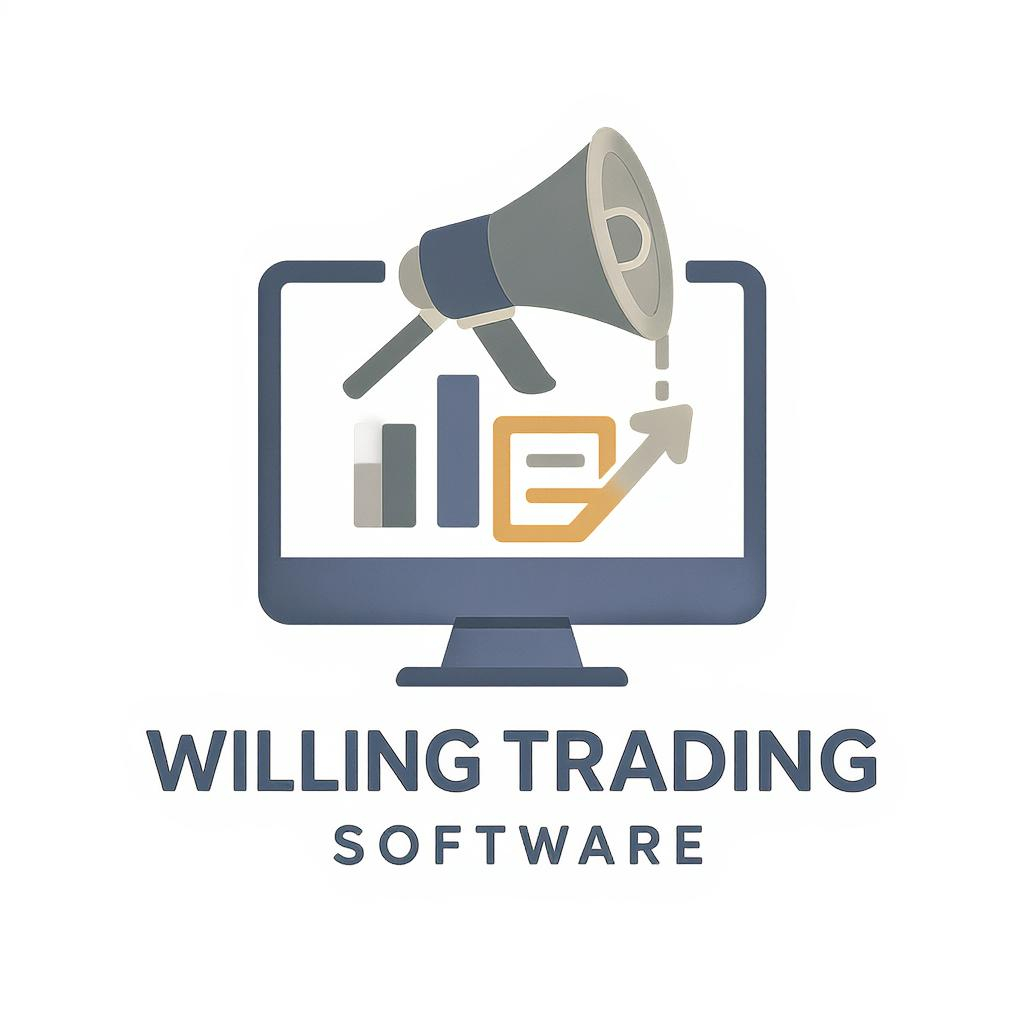Key Take Aways about Robinhood
- Robinhood offers commission-free trading for stocks, ETFs, options, and cryptocurrencies.
- Founded in 2013, it aims to democratize finance with a mobile-friendly interface that appeals to younger, novice investors.
- Key features include real-time data, advanced charting, fractional shares, and extended-hours trading.
- It supports various asset classes such as equities, options, cryptocurrencies, and ETFs.
- Security is ensured through two-factor authentication and regulatory compliance with SEC and FINRA.
- Criticisms include service outages, payment for order flow debates, and claims of gamifying investments.
- Robinhood has influenced the shift towards commission-free trading, but users should consider potential drawbacks.

Introduction to Robinhood
Robinhood is a trading platform known for its commission-free trading model, which has significantly influenced the landscape of retail investing. Launched in 2013, Robinhood aims to democratize finance for everyone. It allows users to trade stocks, ETFs, options, and cryptocurrencies without incurring traditional brokerage fees. The platform’s user-friendly interface, coupled with its mobile-first approach, has made it particularly appealing to younger and novice investors.
Platform Features
Robinhood offers a variety of features designed to make trading accessible. Among these are real-time market data, advanced charting tools, and cash management features. The platform also provides fractional shares, allowing users to invest in expensive stocks with smaller amounts of capital. Additionally, Robinhood’s extended-hours trading offers more flexibility in executing trades outside of regular market hours.
Assets and Markets
Robinhood supports a range of asset classes, including:
– **Equities**: Users can trade a wide array of U.S.-listed stocks.
– **Options**: The platform provides options trading, offering strategies like calls and puts.
– **Cryptocurrencies**: Unlike many traditional brokerages, Robinhood allows for cryptocurrency trading.
– **ETFs**: Exchange-Traded Funds (ETFs) can be traded similarly to stocks.
For those interested in diversifying their investments, this variety facilitates easy portfolio expansion.
Security and Regulatory Compliance
Security is a critical concern for any trading platform, and Robinhood implements numerous measures to protect user data and funds. The platform uses two-factor authentication and encryption to safeguard accounts. Additionally, it is regulated by the U.S. Securities and Exchange Commission (SEC) and is a member of the Financial Industry Regulatory Authority (FINRA), ensuring compliance with established financial standards.
Challenges and Criticisms
Despite its popularity, Robinhood has faced criticisms and challenges. The platform has experienced significant outages during high-volume trading days, leading to user dissatisfaction. Furthermore, Robinhood’s controversial payment for order flow model has sparked debates regarding market transparency and fairness. Regulatory scrutiny has also intensified, with some arguing that the platform gamifies investing, which could lead inexperienced traders to make ill-informed decisions.
The company has responded to these challenges by enhancing its infrastructure and introducing educational resources to support informed trading. Nevertheless, these issues highlight the importance of due diligence when using trading software.
Conclusion
Robinhood’s impact on the trading landscape is undeniable, as it has paved the way for commission-free trading and made investing accessible to a broader audience. However, prospective users should weigh the platform’s ease of use and cost advantages against potential drawbacks such as service disruptions and regulatory concerns. As with any financial tool, informed decision-making is crucial to leveraging Robinhood effectively.
